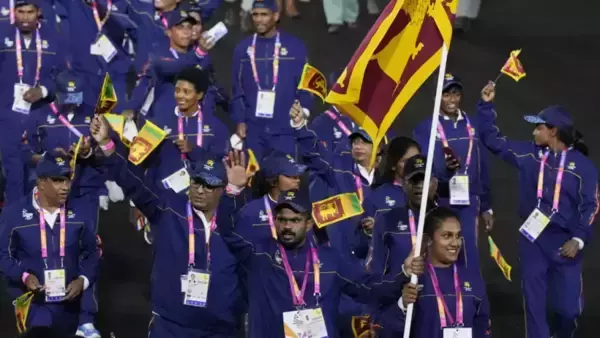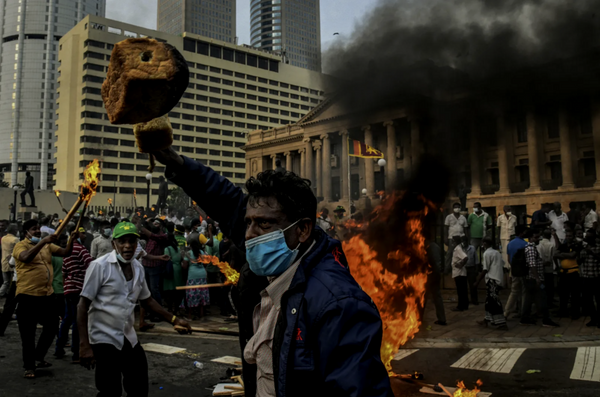The desperate migration of Sri Lankan youths to West Asian cities in search of jobs has created flutters in the overseas job market as it may affect the employment prospects of Indians, especially Keralites, who account for a major share of Indians who work in Gulf Cooperation Council (GCC) countries.
According to statistics available by the Sri Lanka Bureau of Foreign Employment Promotion (SLBFEP), as many as 1.56 lakh Sri Lankan youths have left for various countries, mainly West Asia, since January.
The Non-Resident Indians (NRIs) in GCC countries said the distressed migration from Sri Lanka had the potential to replace a section of the workforce from other countries, including from India, in the Gulf if the current trend continued. Compared to Indians, Sri Lankans were cheap alternatives for companies here as they could employ two or three Sri Lankans in place of an Indian, said Ibrahim Kaleel, State secretary, Kerala Muslim Cultural Centre (KMCC), Dubai, the NRI outfit of the Indian Union Muslim League (IUML).
Among the countries which received the Sri Lankans, Kuwait accounts for the highest number of 39,216 people, followed by Qatar (36,229), Saudi Arabia (26,098), South Korea (3,219) and Japan (2,576). Obviously, the Sri Lankan migration to GCC countries would have a ripple on the job markets in West Asia as largescale migration would often redefine the existing markets. And the chances were high if it was a distressed migration, said Rejimon Kuttappan, a migration expert.
Earlier, female housemaids from Sri Lanka had mainly migrated to West Asian cities even as the educated people from that country were looking for commonwealth countries such as Australia or the U.K. for migration. But the current spectrum of civil war coupled with political and economic uncertainty seemed to have driven the present distressed migration, said Muraleedharan Nair, former Indian diplomat in China.
G. Pramod Kumar, former senior advisor, United Nations Development Programme (Asia Pacific), said they did not have a legacy of skilled professional migration in West Asia. In the past, women housemaids accounted for 80% of their migration to West Asia, which even created a lot of social issues in the island nation. But now, male constituted major share of their migration. Though it would create some ripple effect in the job market in the initial days, it would not have a lasting effect as they did not have a legacy like Indians in GCC countries, said Mr. Pramod Kumar.
The SLBFEP figures also revealed that among the 1.56-lakh people who went abroad for jobs, 38,871 were for domestic jobs and the rest were for professional and other jobs. Satheesh Kottayi, a native of Palakkad, said he was interviewed by a company in Oman two months ago and he was asked to make preparations to join the company in a month.
“I had worked earlier in this company as a surveyor. Hence, I put in my papers in the company where I had been working. Even after two months, the company was yet to provide a visa. I was told by some colleagues that the company was now exploring the possibility of recruiting Sri Lankans,” Mr Satheesh said.










